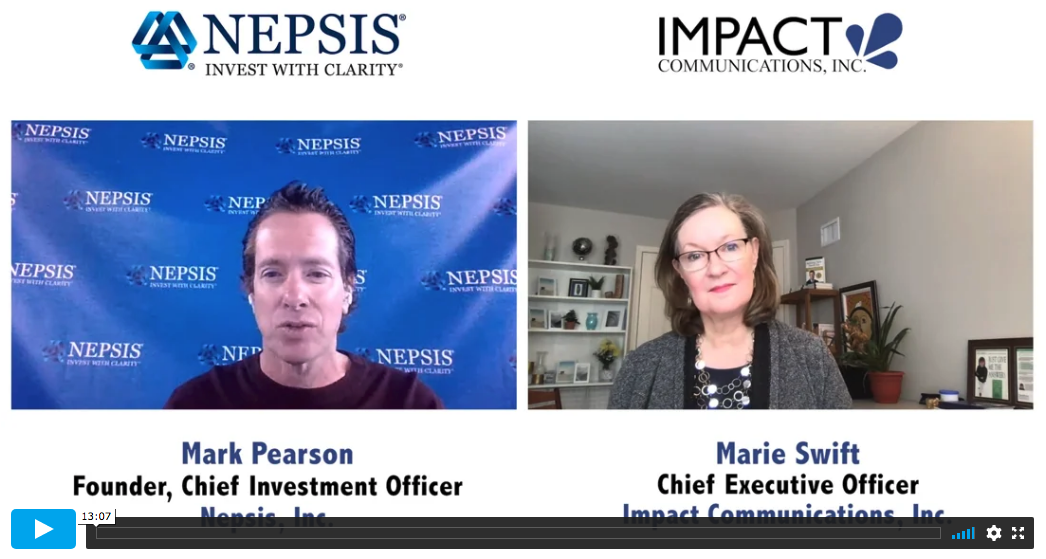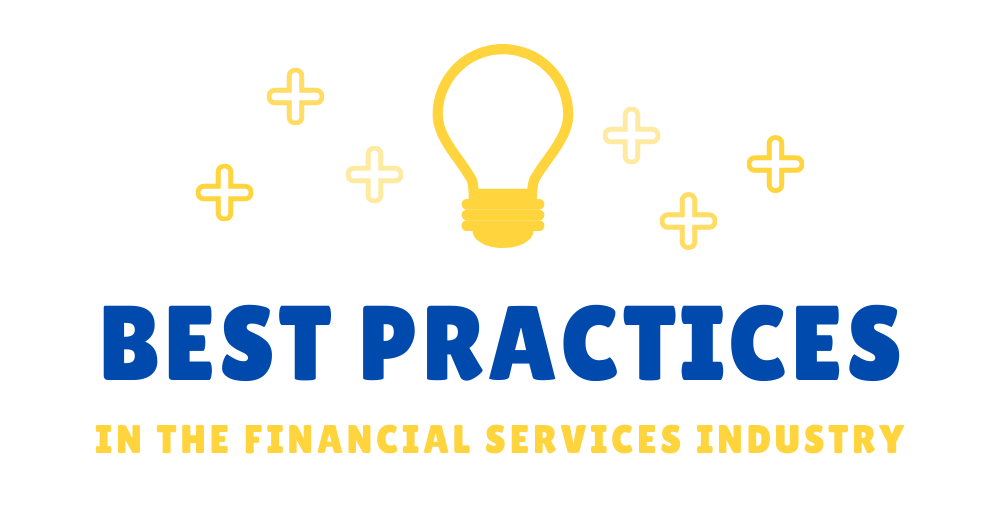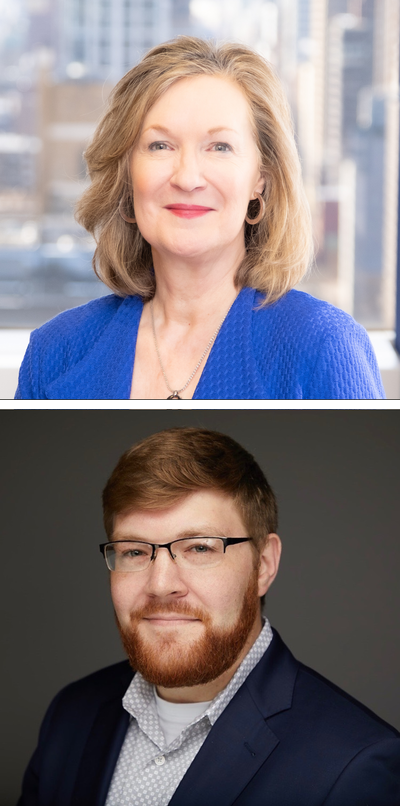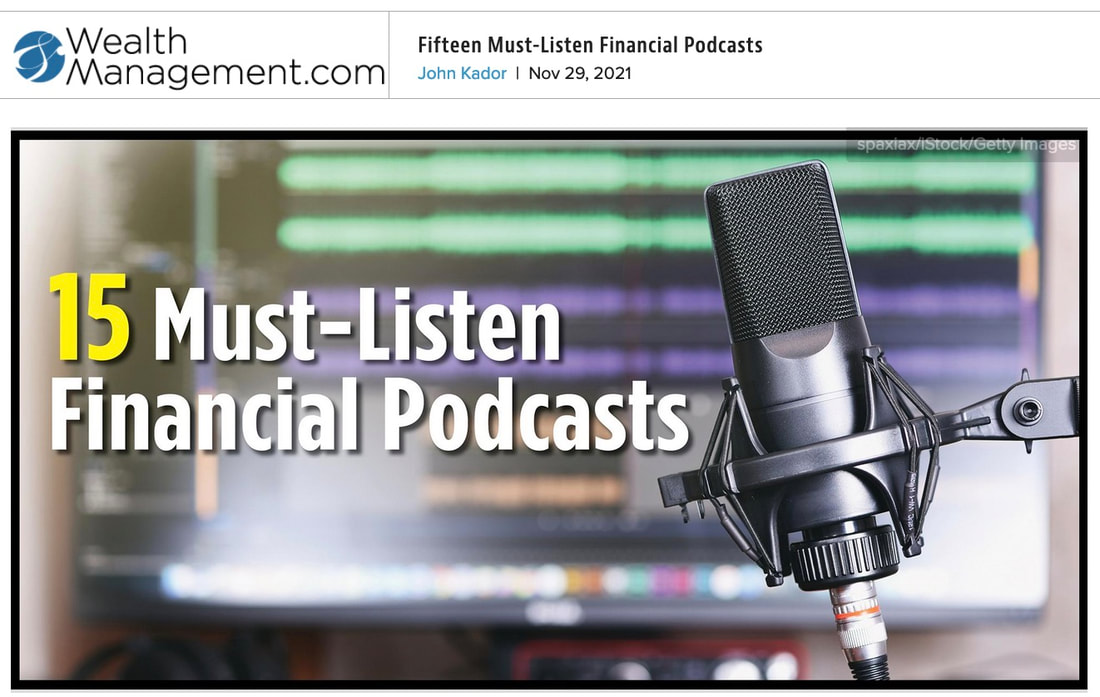|
In this Swift Chat video interview, Marie Swift of Impact Communications, speaks with Mark Pearson, Founder, President and Chief Investment Officer of Nepsis, Inc., a financial services firm driven to provide the power of clarity to the individual investor so that they can accomplish their investment and planning goals.
Watch this 13:07 minute video, recorded January 28, 2021, to learn about the Nepsis investment philosophy and how Mark and his team manage money for their clients. To learn more about Mark Pearson and Nepsis, Inc. please visit, InvestWithClarity.com Transcript of Conversation
The stock market is just like a meat market, a fruit market, a flea market, or anything else. It is a market. It's a place where people go to buy and sell businesses. So, you don't invest in the stock market; you invest in businesses. The stock market, we always say, has been the greatest tool created to allow investors to take advantage of the opportunity in capitalism." ~ Mark Pearson
Marie Swift: Hi everybody and welcome back to another Swift Chat with Marie Swift. I'm joined by Mark Pearson, the Founder and Chief Investment Officer of Nepsis. Mark, I want to get you talking about Nepsis and this tagline that I saw on your website, it's “invest with clarity.” So, tell me about you and Nepsis and what does that mean, invest with clarity?
Mark Pearson: First, thanks for having me on; and secondly, Nepsis has been around in one form or another for about 26 years. I founded the firm in 1994 and over the years we have progressed and grown as an organization to the point where we're at now, where we really believe we have a significant brand. We have a significant identity, and we have a significant story to tell the investment community. That story really is based upon the foundation of Nepsis. Nepsis is a Greek word, which means to be watchful, alert, and vigilant with a clear and sober mind against delusions and fear. Thus, allowing one to obtain ultimate clarity. And as we like to say, you never can put a price on ultimate clarity, and we are always striving for it. Hence, the reason why our tagline for our website is “Invest with Clarity.” We have trademarked “Advise with Clarity,” “Give with Clarity,” “Retire with Clarity” and “Live with Clarity” amongst others. So Nepsis, is the clarity, the foundation of not only our story, but also what differentiates us in the marketplace for investors. Swift: That's interesting. I have had a chance to look at some of the material on your website and listen to your podcasts. You've got a wealth of information on your website. I would encourage all of our viewers here today to go and check out www.InvestWithClarity.com and we'll put that URL right here in the video so you can click that easily. But Mark, it’s a new year and 2021. We've had a strange 2020. For some of us it's been actually strange, but it's been a good year. You know, more meaningful conversations. Some of us who have taken the right approaches with our investments and our businesses are doing just fine and sometimes better than fine. What would you say now that the dust is settled in Washington, yesterday was the inauguration and all that jazz, but do you have any predictions for 2021? PREDICTIONS FOR 2021 Pearson: It's funny you should ask that question, Marie. We have lots of predictions. It's interesting if you go to our website and you look at the blog posts that we have out there, you will find that we have done predictions for the past eight or nine years. We called our top 10 predictions and I'm proud to say, humbly, that every single prediction we've had over those years has been accurate. My predictions in all clarity actually are somewhat tongue in cheek. Many of the predictions that we say are things that people would say, well, that's not a prediction, that is how investors invest. Let me give you an example. Investors will continue to see the predictions on where the S&P 500 will end in 2021, just like in 2020. We will be misled with the potential consequences of investors piloting overpriced assets and missing out on great companies on sale. So, at Nepsis, we believe invest with clarity, this idea of knowing what you own and why you own it. The perceived notion that most investors have is a phrase you've heard many times before, which is “I invest in the stock market.” They say, “I'm invested in the stock market.” “What do you think the stock market is going to do this year?” And that is a completely false narrative. It is incorrect. It's not accurate. The stock market is just like a meat market, a fruit market, a flea market, or anything else. It is a market. It's a place where people go to buy and sell businesses. So, you don't invest in the stock market; you invest in businesses. The stock market, we always say, has been the greatest tool created to allow investors to take advantage of the opportunity in capitalism. Swift: That's really interesting. So is your philosophy to invest in mutual funds, ETFs, individual securities? Talk to me about that. How do you build portfolios for your clients? INVESTING IN GREAT BUSINESSES OVER TIME Pearson: Great question. First, generally speaking, there may be some sort of an exception to the rule, but rarely. We invest in businesses. We really subscribe to the Warren Buffett school of thought of investing in great businesses over time. We believe volatility creates the opportunity to take advantage of great businesses on sale over time. Shelby, the great Shelby Davis once had a quote that said, “investors make the most money in bear markets. They just don't realize it at the time.” What is interesting about 2020, and what allowed Nepsis frankly, to have its best year ever in terms of overall portfolio performance was the idea that the volatility that we had in 2020 was swift. It was quick, it happened fast. Philosophically we believe in investing in great businesses. Strategically, we believe we need to be ready for a 20 to 30% pull back at any time. We tell our investors always be prepared for a 20 to 30% pullback at any time, because when those things happen, those are the events that literally create the opportunity. If you are going to invest in businesses over time, which you really should, to take advantage of those opportunities. An interesting stat, probably a little outdated, we used to use this a few years ago, but Marie maybe you've heard me say this: Historically when our parent's investor, our grandparents invested the stock market, the communication, the news was very different. It usually took days or weeks for information to hit the marketplace about what was going on with companies. By the time that happened, of course, things had already changed. So, if you look, statistically investors would on average hold a stock for eight years. In today's environment, the average holding period for a stock is eight months. Do you not see the dichotomy there that if you're a long-term investor and your average holding period is eight months that doesn't jive, that's not common sense? Forget about logic. Although it's not logical, but it's not common sense either. So, what you look at in a year like 2020 is this idea that at any given time, you may see a pullback of great proportions, but you must stick to the process. Process before progress is what we always say. Stick to your buy discipline, stick to your sell discipline. INEFFICIENT PORTFOLIOS = A SHOTGUN APPROACH Swift: There were those pockets of opportunity in 2020. We're going to see some tax changes and so that comes into play. I think I've heard you talk a little bit about Roth conversions. Is there anything around the new administration and what's ahead that you would just point to, and maybe in the last couple of minutes we've got here, just leave us with some of your wisdom? If we're an investor, like I am, I know I should be hiring you, right? But everybody is comparing notes if they want this kind of genius, but we're just kind of cogitating on our own wisdom. What's going to happen with the new administration? Pearson: First and foremost, let me begin with the idea that when you invest in individual businesses, as opposed to a mutual fund or ETF, which statistically speaking is usually an over diversified portfolio. In other words, it's inefficient. You own too many companies and too little of those companies. When we own individual businesses in our portfolios, we generally own 25 to 35 companies. It gives you more of a sniper rifle approach, as opposed to the shotgun approach. There are many benefits to that type of a process. One of those includes the flexibility in a Roth conversion. You mentioned the Roth conversion idea. Financial advisors are constantly trying to find ways to differentiate themselves in the marketplace from other financial advisors. But when you have a process, like we use, which is a separately managed account (SMA) process, you can pick and choose individual things to do with the companies you own in your portfolio to maintain your overall asset allocation strategy. I'm going to come back to that in a second, as it pertains to the Biden administration, but on the Roth conversion side of our conversation, what's interesting is one of our largest holdings was sitting at all time low; but, remember my admonition: Know what you own and why you own it. Long-term fundamentals of that business hadn't changed. In fact, the long-term fundamentals were getting better. And so, in just about all of our IRA accounts, we did a Roth conversion of that stock at the end of 2019. It is now January of 2021 and that stock is up on an average of almost 200% from there. So now you're looking at tax-free growth. THE NEW ADMINISTRATION AND TAX LAW Now, how does this pertain to the new administration and tax law? Obviously, when you talk to a lot of your friends, it doesn't really matter if it's this administration or a future administration. Most people believe at this point that the overall tax structure that taxes are going to have to go up. And of course, when taxes generally go up, they go up in different areas. My simple answer to your question really is don't you want to be in a position of clarity? In other words, a position of knowing the flexibility that you have to make decisions within the companies you own in your portfolio to either (a) take advantage of the changes in the particular areas of the tax law or (b) take advantage of the ability to tax-loss-harvest positions that may be down to reduce future gains in your portfolio. So, when you look at a peer-to-peer timeframe, if you look at a 10-year period, you can say from day one, today, year one, year 10, overall, we did the best we could in maximizing returns, minimizing taxes, and taken advantage of financial opportunities. That's ultimately what Nepsis tries to do on a daily basis. Swift: Well, Mark, thank you for everything you've shared today. And again, anybody who's watching this can learn more and listen to Mark's podcast. What's the name of the podcast? Pearson: It's “Invest with Clarity,” shockingly. You can get it on Podbean. You can get it on Apple Podcasts, pretty much any podcast platform. I think we probably have about 63 of them out now. Swift: They're fun to listen to. I've listened to some while I'm walking the dog at night and I'm doing a lot more walking in COVID times with the dog. Mark, thank you again and I wish you a great new year. Comments are closed.
|
About
|
|
Stay Connected
|
Phone: 913-649-5009
©2023 Impact Communications, Inc.
|





